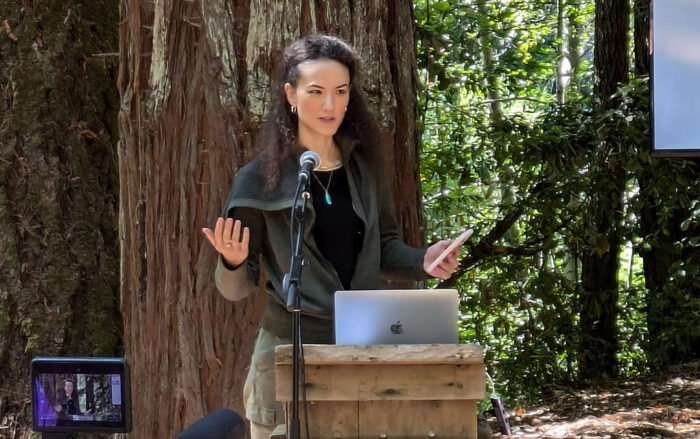Bluesky, which runs on open source software and is based on an open protocol for social platforms, has lately seen it's user base take a 10-fold increase as Brazil shutters TwitterX.
Posts published in “Politics”
If allowed to go into effect, the FTC's rule banning non-compete "agreements" are expected to increase worker earnings by $488 billion over the next decade.
Maybe it's just an oversight, but the European Commission's draft of projects for next year fails to mention the NGI Zero Commons Fund, an important source of funding for FOSS projects.
Google this week announced changes to the way it collects and stores user location data that might bring an end to geofence warrants.
New CEO comes to helm as companies like Google, Meta, and TikTok pull out of the Lisbon-based mega-conference in response to accusations from the event's founder and former CEO that Israel is committing "war crimes."
Two new seats on EFF's board are filled by Erica Astrella and Yoshi Kohno, who bring valuable experience in diversity, equity, inclusion, security research, and data privacy to the table.
Canadians in wildfire ravaged areas can't swap important and potentially life saving news stories on Facebook as a result of the country's recently passed news link law.
A large number of open-source organizations are saying that if this act is enacted into law, it will do damage to open-source, both in Europe and globally.
Gaël Duval, the founder of /e/OS, as well as founder and CEO at Murena (but you may remember him best as the founder of Mandrake Linux), explains why the EU's proposed Cyber Resilience Act as written would have a damaging effect on open-source.









